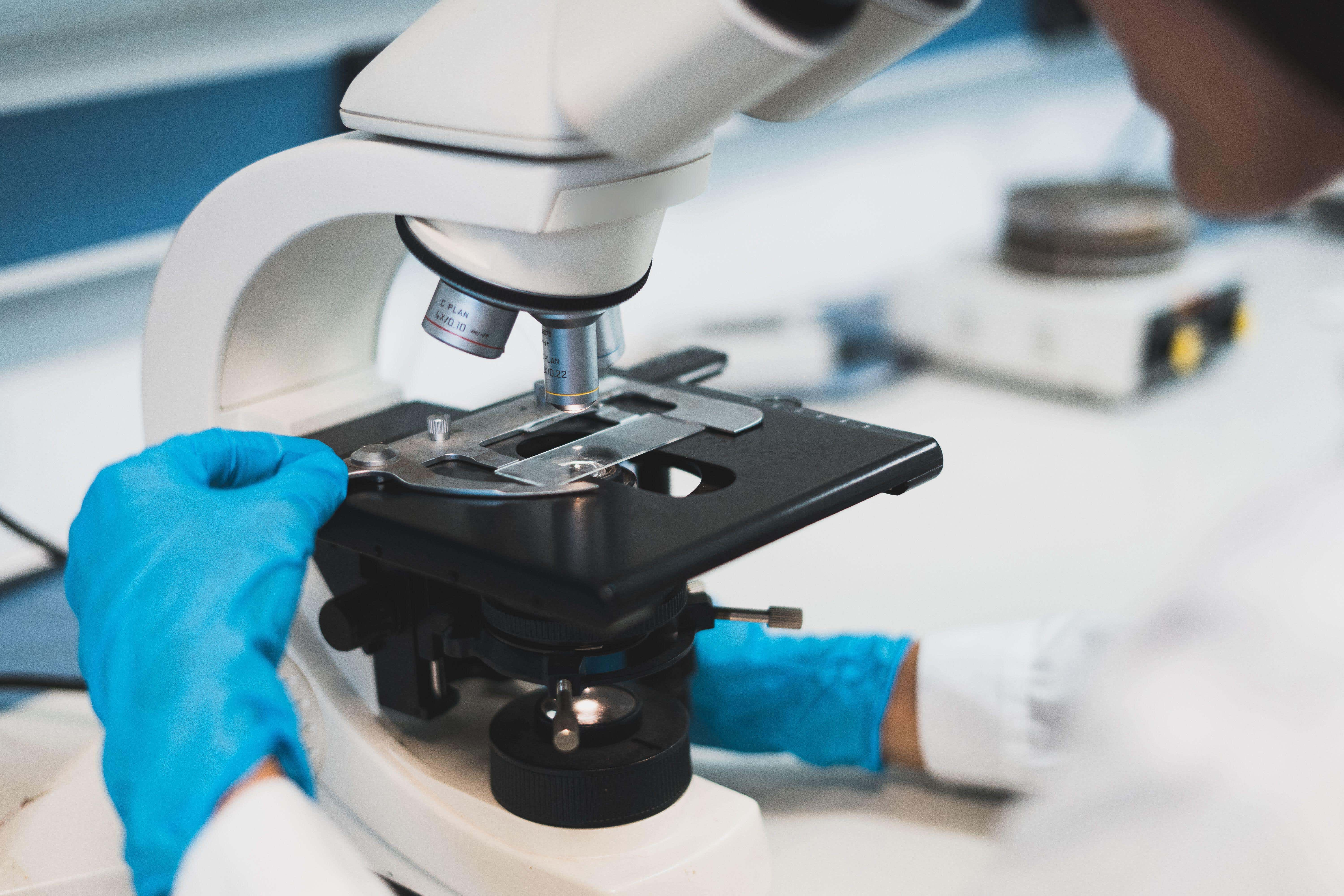Trial finds targeted drug treatment boosts survival for blood cancer patients
More than 1,000 patients across the UK and Switzerland were recruited for the trial.

Your support helps us to tell the story
From reproductive rights to climate change to Big Tech, The Independent is on the ground when the story is developing. Whether it's investigating the financials of Elon Musk's pro-Trump PAC or producing our latest documentary, 'The A Word', which shines a light on the American women fighting for reproductive rights, we know how important it is to parse out the facts from the messaging.
At such a critical moment in US history, we need reporters on the ground. Your donation allows us to keep sending journalists to speak to both sides of the story.
The Independent is trusted by Americans across the entire political spectrum. And unlike many other quality news outlets, we choose not to lock Americans out of our reporting and analysis with paywalls. We believe quality journalism should be available to everyone, paid for by those who can afford it.
Your support makes all the difference.Scientists have revealed “exciting” trial results which show using a targeted cancer drug as well as chemotherapy can improve survival rates for some patients with aggressive blood cancer.
The five-year study run by the Cancer Research UK Southampton Clinical Trials Unit found that adding the drug bortezomib meant that certain patients with diffuse large B cell lymphoma (DLBCL) were more likely to remain in remission after treatment and to survive.
Professor Andy Davies, of the University of Southampton, said: “Bortezomib is a drug which interferes with the growth of cancer cells.
“It’s already used in myeloma and mantle cell lymphoma, and we wanted to test if it could also be used to treat people with DLBCL by adding it to their standard treatment.”
This study is another step forwards in precision medicine for patients like me, finding the right diagnosis and the right treatment for each one of us
He continued: “These are extremely promising results.
“However, bortezomib is not currently licensed or funded for use in patients with DLBCL.
“The type of molecular profiling that we carried out in the trial to establish these patient subgroups is not routinely carried out on the NHS.
“But we hope the results from the REMoDL-B trial could lead to the use of more molecular testing in future and new treatment options for these patient groups.”
More than 1,000 patients across the UK and Switzerland were recruited for the trial run in collaboration with the Swiss SAKK lymphoma group and presented at the American Society of Hematology annual conference in America on Monday.
Participant Richard Stephens, who was diagnosed with lymphoma in 1998, said: “This study is another step forwards in precision medicine for patients like me, finding the right diagnosis and the right treatment for each one of us.”
For patients with subtypes called molecular high-grade lymphoma and activated B cell lymphoma, we saw a reduced risk of the cancer progressing or coming back with the addition of bortezomib
Louise Stanton, principal statistician at the Southampton Clinical Trials Unit, said: “For patients with subtypes called molecular high-grade (MHG) lymphoma and activated B cell (ABC) lymphoma, we saw a reduced risk of the cancer progressing or coming back with the addition of bortezomib.
“Excitingly, we also saw an improvement in the number of patients surviving, and their duration of survival in the ABC subgroup compared to those not given bortezomib.”